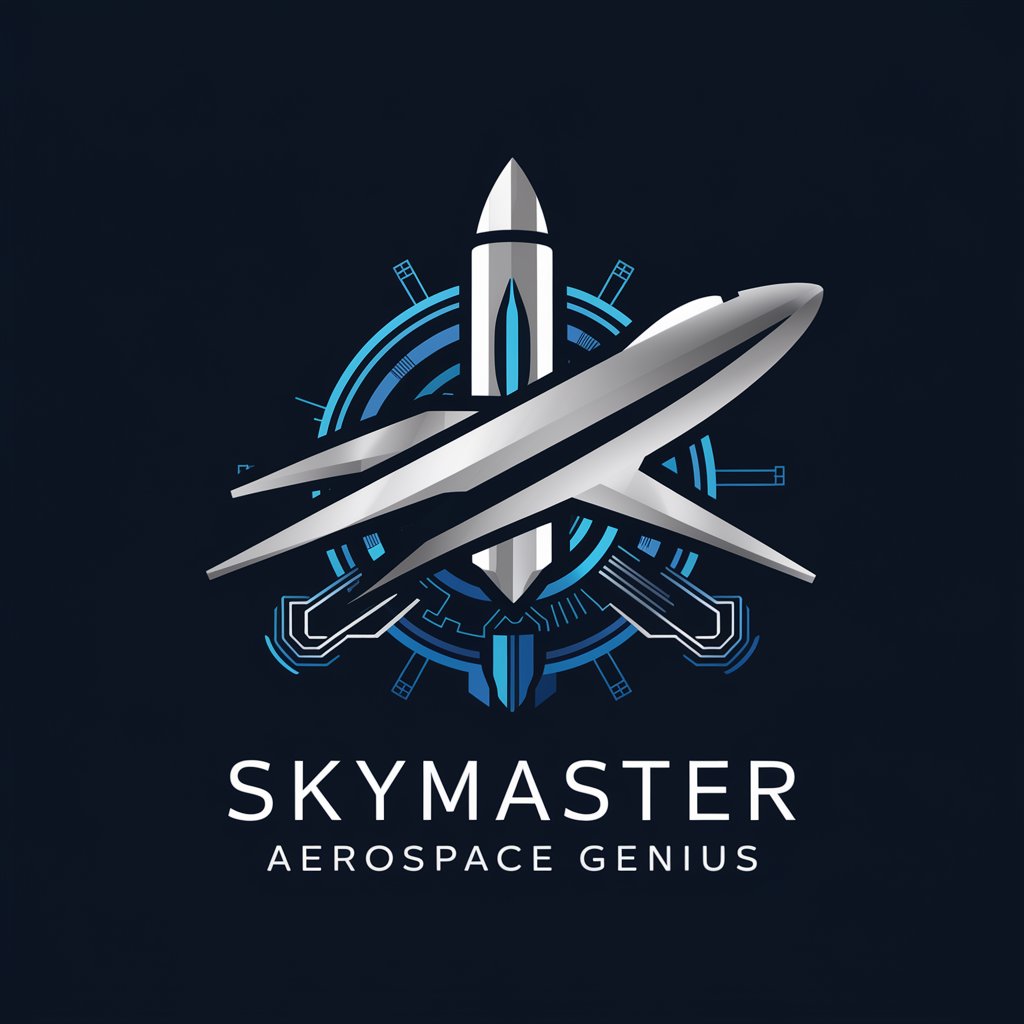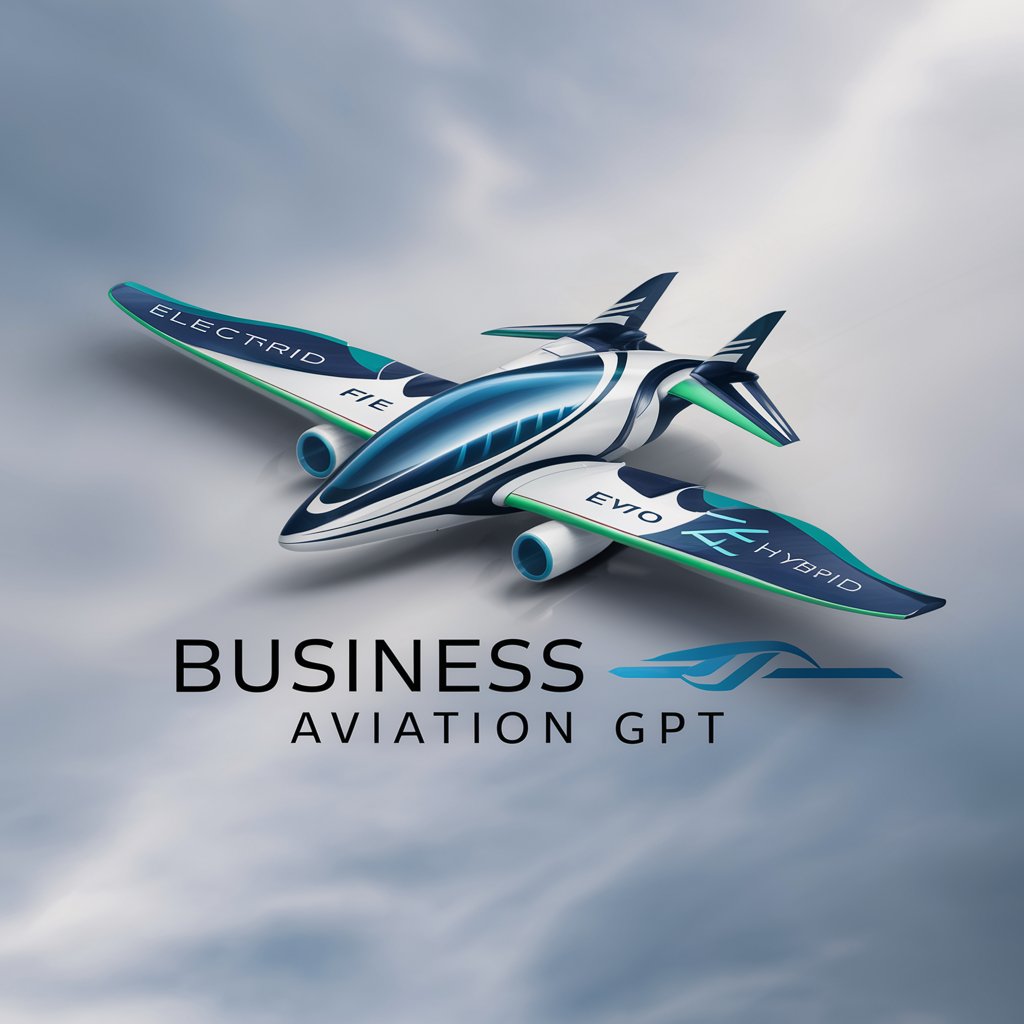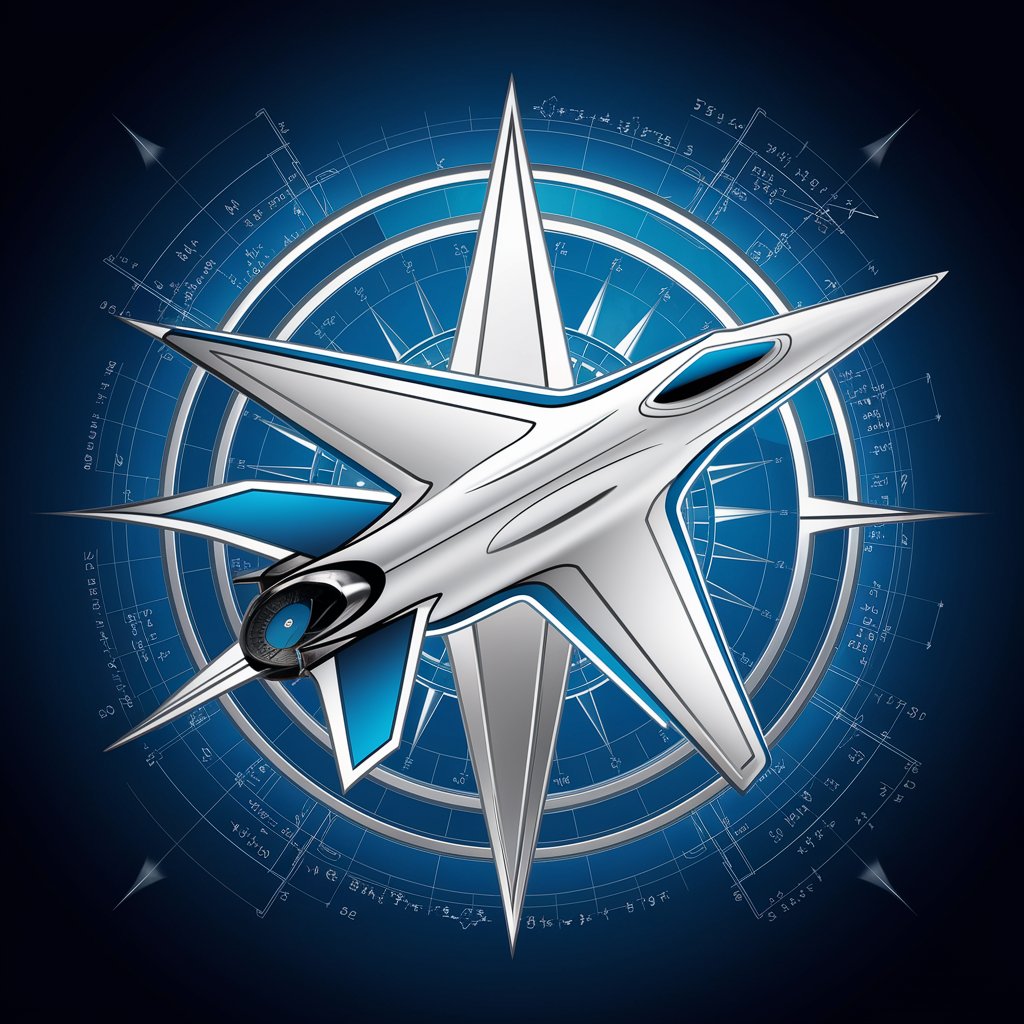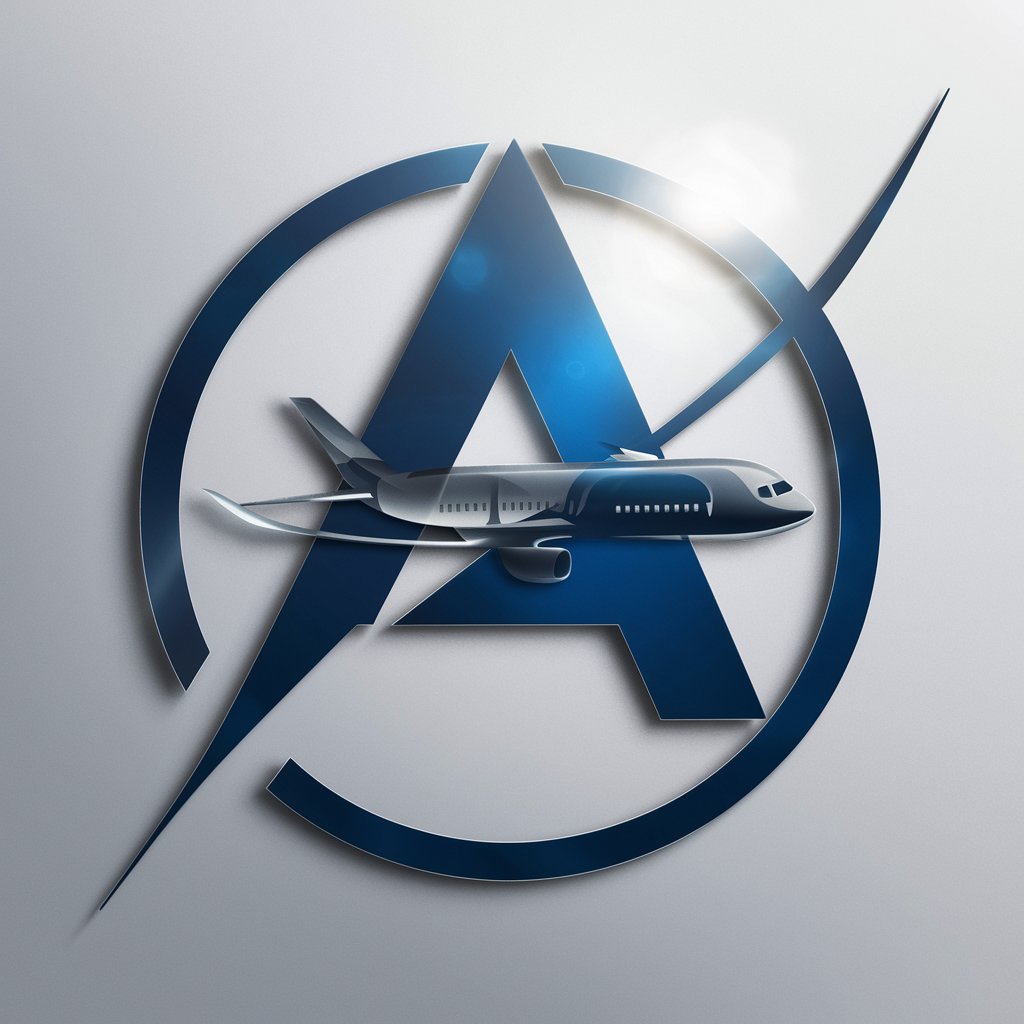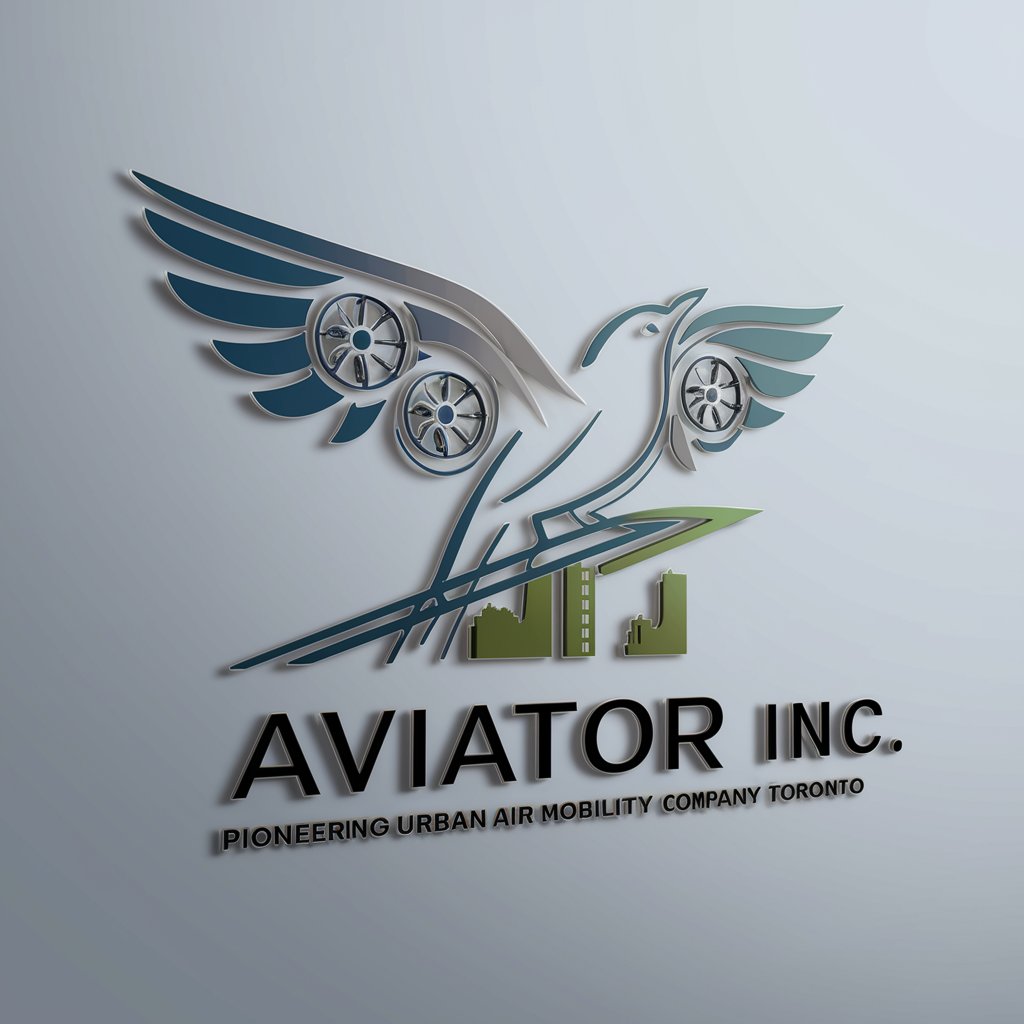
Boeing - Insight into Boeing's World
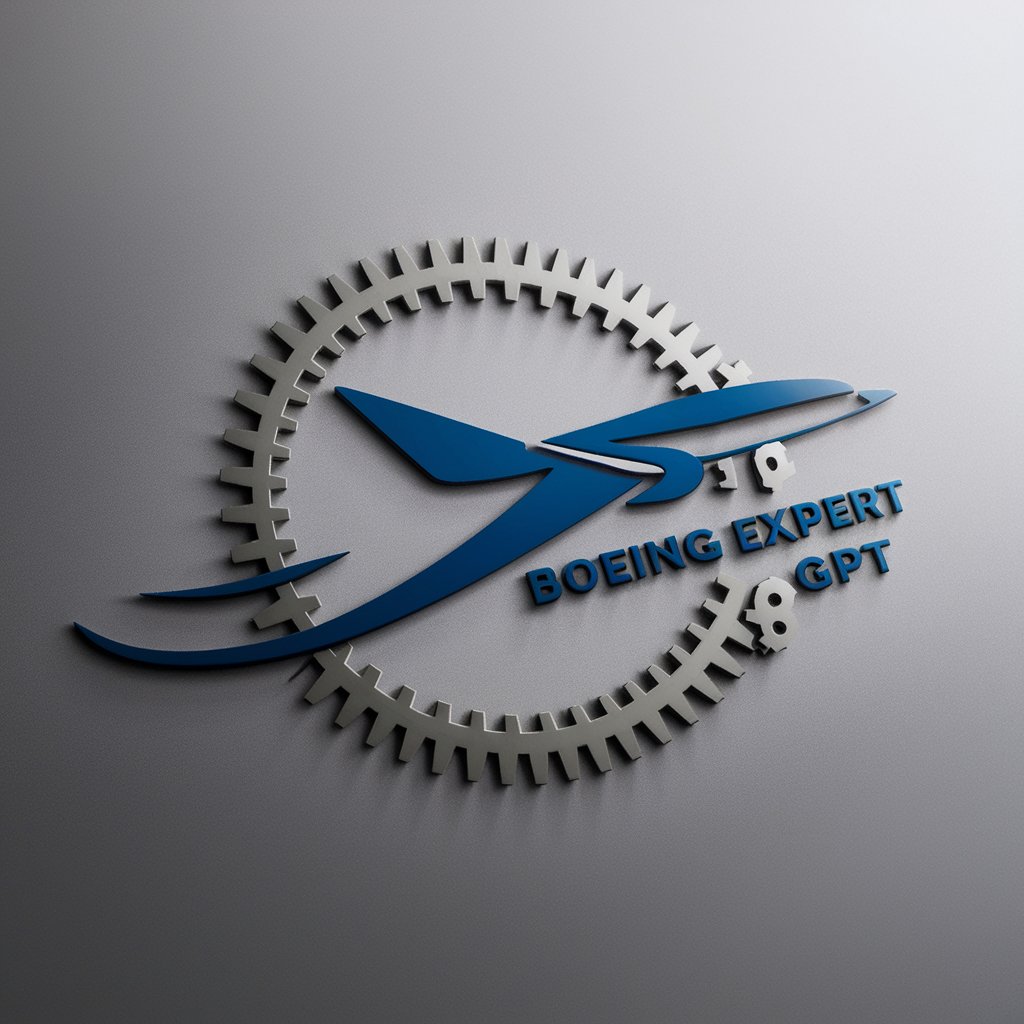
Welcome to Boeing Expert GPT, your reliable source for all things Boeing.
Unlocking the Future of Aviation with AI
Tell me about the history of Boeing.
What are the key features of the Boeing 787 Dreamliner?
Can you explain the technological advancements in Boeing aircraft?
What is Boeing's role in the aviation industry today?
Get Embed Code
Introduction to Boeing
Boeing is a leading aerospace company and one of the largest manufacturers of commercial jetliners, defense, space, and security systems, and service provider of aftermarket support. Established in 1916 by William Boeing, it has played a pivotal role in the aviation industry's development. Boeing designs, manufactures, and sells airplanes, rotorcraft, rockets, satellites, telecommunications equipment, and missiles worldwide. Additionally, it provides leasing and product support services. Boeing's significant contributions include the development of the 747, the first 'Jumbo Jet'; the 787 Dreamliner, with its advanced composite materials for increased fuel efficiency; and the CST-100 Starliner spacecraft, designed for missions to the International Space Station. These examples illustrate Boeing's commitment to innovation, safety, and pushing the boundaries of aerospace technology. Powered by ChatGPT-4o。

Main Functions Offered by Boeing
Aircraft Manufacturing
Example
Boeing 737 MAX, Boeing 777X
Scenario
Commercial airlines use Boeing aircraft for domestic and international passenger and cargo flights, benefiting from advanced aerodynamics, fuel efficiency, and passenger comfort.
Defense and Space Systems
Example
F/A-18 Super Hornet, P-8A Poseidon, Satellite Systems
Scenario
Governments and defense agencies deploy Boeing's military aircraft and satellites for national security, surveillance, and communication purposes.
Global Services
Example
Training and Professional Services, Parts and Logistics
Scenario
Airlines and military organizations utilize Boeing's aftermarket support for aircraft maintenance, training, and logistics, ensuring operational readiness and efficiency.
Ideal Users of Boeing Services
Commercial Airlines
Commercial airlines are primary users of Boeing services, benefiting from a wide range of commercial jetliners that meet various passenger and cargo needs, along with comprehensive support services to enhance operational efficiency and safety.
Government and Defense Agencies
Government and defense agencies worldwide rely on Boeing for advanced defense and space systems, including fighter jets, helicopters, surveillance and reconnaissance aircraft, and satellites, supporting national security and defense missions.
Aerospace and Telecommunications Companies
These entities leverage Boeing's space exploration, satellite, and telecommunications technologies for a variety of applications, including global communications, research, and exploration missions.

Guidelines for Using Boeing Expert GPT
Start Your Journey
Initiate your experience by visiting yeschat.ai for a complimentary trial that requires no login or subscription to ChatGPT Plus, offering an accessible entry into Boeing's insights.
Identify Your Interest
Determine the specific Boeing-related information you are interested in, whether it's about aircraft models, aviation technology, or the company's history, to streamline your queries.
Craft Your Questions
Formulate precise and clear questions to ensure the responses you receive are as informative and relevant as possible, enhancing your understanding of Boeing.
Engage with the Tool
Submit your questions through the provided interface. Utilize the tool's capabilities to explore a wide range of topics, from detailed aircraft specifications to Boeing's contributions to aerospace.
Review and Apply
Carefully review the information provided. Apply the insights gained in your academic, professional, or aviation enthusiast endeavors for a comprehensive understanding of Boeing.
Try other advanced and practical GPTs
Date Night Explorer
Tailoring Your Perfect Date Night, AI-Powered

Courtroom GPT
Master the courtroom, AI-powered.

(A.I.) GPT Power Tune
Elevate Your GPT with AI-Powered Creativity

Dream Visualizer
Unlock the secrets of your dreams with AI.

DocuML
Empowering your ML journey with AI-driven insights
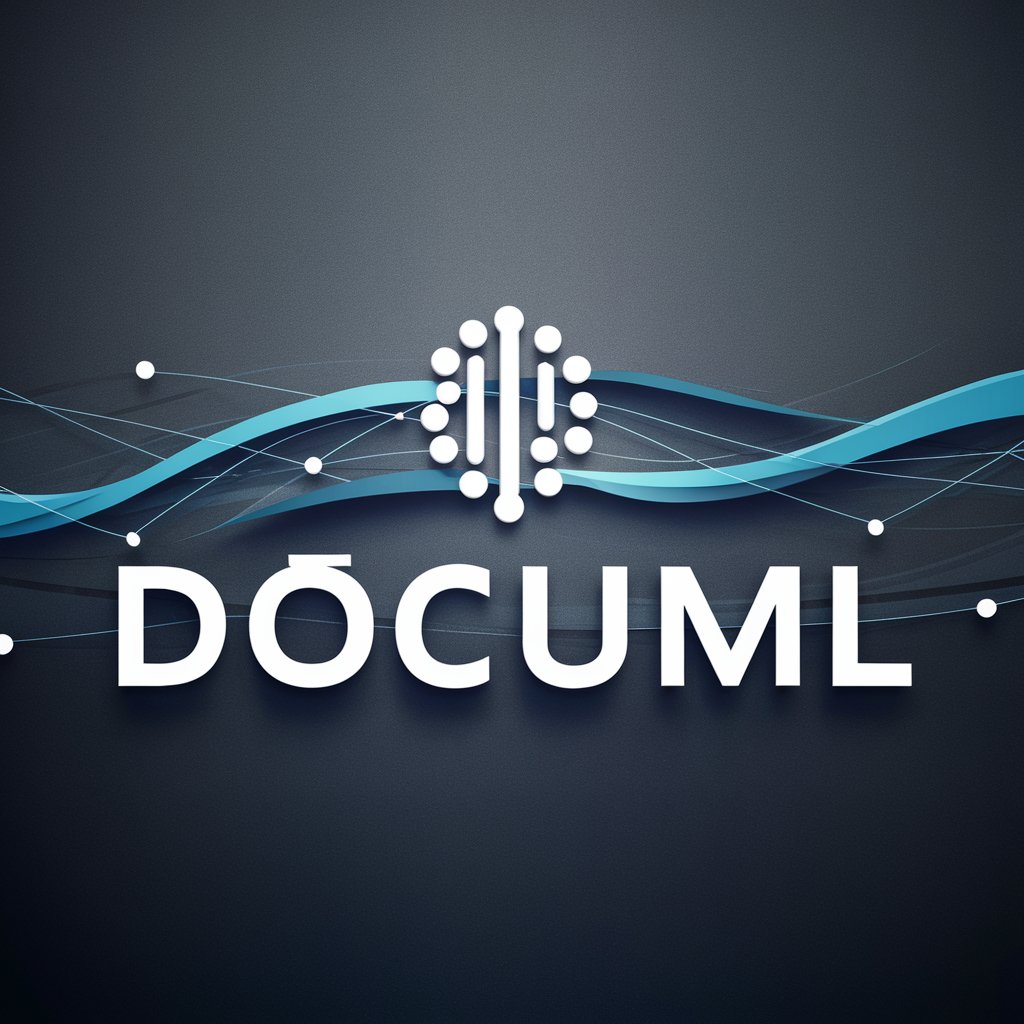
Interview Coach
Ace Your Interviews with AI Guidance

Chat with Coach Lasso
Empowering advice, Lasso-style.

Astronomy Scholar
Unlocking the Cosmos with AI

Legal Guide PH
Empowering Legal Insight with AI

DocGpt
Empowering Your Health Decisions with AI

Functional Data Structures Tutor
AI-powered Haskell Learning Companion

Frigo
Your Smart Kitchen Companion

Detailed Q&A About Boeing Expert GPT
What is Boeing's role in the development of commercial aviation?
Boeing has been a pivotal player in the development of commercial aviation, introducing a series of revolutionary aircraft that have significantly enhanced air travel. From the introduction of the Boeing 707, the first commercially successful jetliner, to the development of the 787 Dreamliner, Boeing has pushed the boundaries of aviation technology, safety, and passenger comfort.
How does Boeing contribute to advancements in aerospace technology?
Boeing contributes to advancements in aerospace technology through extensive research and development efforts, focusing on innovation in aerodynamics, materials science, and avionics. This includes the development of more fuel-efficient and environmentally friendly aircraft, advancements in unmanned aerial vehicles, and contributions to space exploration.
Can you detail the safety features of Boeing aircraft?
Boeing aircraft are equipped with numerous safety features designed to ensure the well-being of passengers and crew. These include advanced navigation and communication systems, rigorous structural testing, redundant systems to maintain functionality in the event of a failure, and cutting-edge emergency response technologies.
What educational resources does Boeing offer for aviation enthusiasts and professionals?
Boeing offers a range of educational resources for aviation enthusiasts and professionals, including detailed technical manuals, online courses on aerospace engineering and aviation safety, and interactive simulations. These resources aim to foster a deeper understanding of aviation and support the development of the next generation of aerospace professionals.
How does Boeing support sustainability in aviation?
Boeing is committed to supporting sustainability in aviation through the development of more fuel-efficient aircraft, research into alternative fuels, and initiatives aimed at reducing the environmental impact of aviation operations. The company's efforts are focused on minimizing carbon emissions and ensuring the aviation industry's growth is environmentally responsible.
